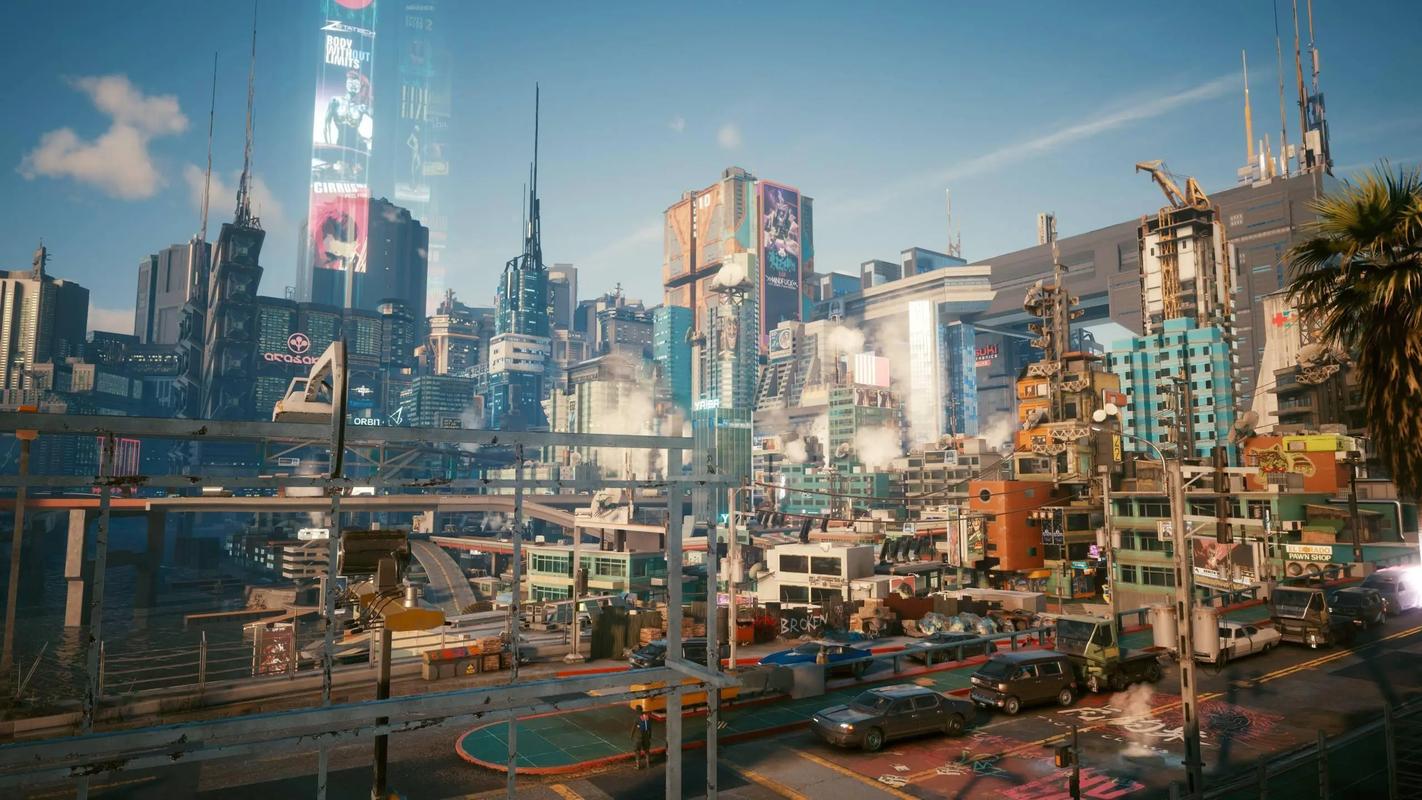The air in Revachol tastes of rust and regret. It is a metallic tang on the tongue, a chemical ghost in the throat, the lingering exhalation of a world that ended not with a bang, but with a slow, agonizing sigh. This is the air Harry Du Bois breathes, the atmosphere through which the New Dawn Score, also known as "The Ancient Reptilian Brain," unfurls its haunting, post-apocalyptic melody. It is not a score for the apocalypse to come; it is the sound of the one already lived through, the quiet, devastating music of the aftermath.
Composed by the British Sea Power, the New Dawn Score is the sonic scaffolding upon which the ruined world of Disco Elysium is built. It defies the typical tropes of post-apocalyptic soundtracks. There are no pounding, percussive war-drums, no screeching industrial noise, no grand, tragic choirs lamenting the fall of man. Instead, the score is an exercise in profound minimalism and haunting beauty, capturing the core truth of the setting: the apocalypse is over. What remains is the eerie quiet, the weight of memory, and the fragile, stubborn struggle for something new amidst the ashes.
The track begins with a single, echoing piano note, a lone datum in a vast emptiness. It hangs in the air, vulnerable and full of portent, before being joined by a low, cello-like synth pad that swells like a tide of forgotten sorrow. This is the sound of the Pale—the insidious, reality-eroding void that encroaches on the world. It is not loud or violent; it is a pervasive, ambient dread, a hum of existential nothingness that threatens to unmake thought itself. The music perfectly mirrors this concept: it feels both ancient and utterly alien, a fundamental wrongness expressed not through dissonance, but through a profound and unsettling emptiness.
Then, the melody emerges. A simple, repetitive, and heartbreakingly beautiful piano motif, often accompanied by a distant, shimmering guitar line. This is the voice of humanity in the ruins. It is fragile, repetitive, almost obsessive—like a thought you can’t escape, a memory worn smooth from constant handling. It is the sound of Harry trying to piece together his own shattered identity, a single, shaky thread of coherence in a mindscape as fractured as the city around him. It speaks of a deep, inarticulable loss, not just of a past, but of the very coherence of self. It is the sound of amnesia, of waking up into a world that is broken and finding that you are its perfect mirror.

The genius of the New Dawn Score lies in its duality. The same melody that sounds so sorrowful in one context can transform into a thing of fragile hope in another. As Harry stumbles through a conversation, as he makes a connection, however small, the music swells. The same piano notes are now backed by a warmer, more resonant bed of sound. It is not a triumphant fanfare; it is a dawn. A new dawn. It is the first, tentative sliver of light after an endless night, the warmth of a single lit cigarette in the overwhelming dark. It tells us that even here, in the corpse of a city, stained with failure and haunted by the ghosts of revolutions and injustices, there is a chance for a new beginning, however small and personal.
This tonal flexibility mirrors the game’s own philosophical core. The apocalypse in Disco Elysium is not just the failed revolution, the mysterious hole in the world, or the encroaching Pale. It is also internal: the apocalypse of the self, of addiction, of regret, of a life derailed. The New Dawn Score is the soundtrack to all these layered apocalypses. It plays as Harry stares at his broken reflection, a personal cataclysm. It swells as he looks out over the waterlogged streets of Martinaise, a societal collapse. It hums ominously as he contemplates the cosmic, existential threat of the Pale. It is the one constant, the emotional through-line that binds the personal to the political to the philosophical.
Ultimately, the New Dawn Score is the sound of time itself, thick and heavy and damaged. The past is not gone in Revachol; it is a physical weight, a sediment of violence and ideology that coats every brick and every soul. The music captures this perfectly. It feels old, weathered, and layered with meaning. The echoing piano is a sound from a half-remembered past, a broadcast from a lost world bleeding into the present. It is the audio equivalent of the faded murals and rusted infrastructure that litter the city—beautiful, broken, and saturated with stories that may never be fully told.
In the end, as the final notes of the score fade, they leave behind not silence, but its impression. They leave the listener with the same feeling that Harry is left with at the end of each day: a mixture of profound melancholy, weary exhaustion, and a tiny, indefinable ember of possibility. The New Dawn Score doesn’t offer answers or closure. It offers a soundscape for the question that hangs over every moment in Disco Elysium: What do you do after the end of the world? You breathe the metallic air. You listen to the fragile music. And you take one more shaky step into the ruin, hoping to find a reason to take another.














